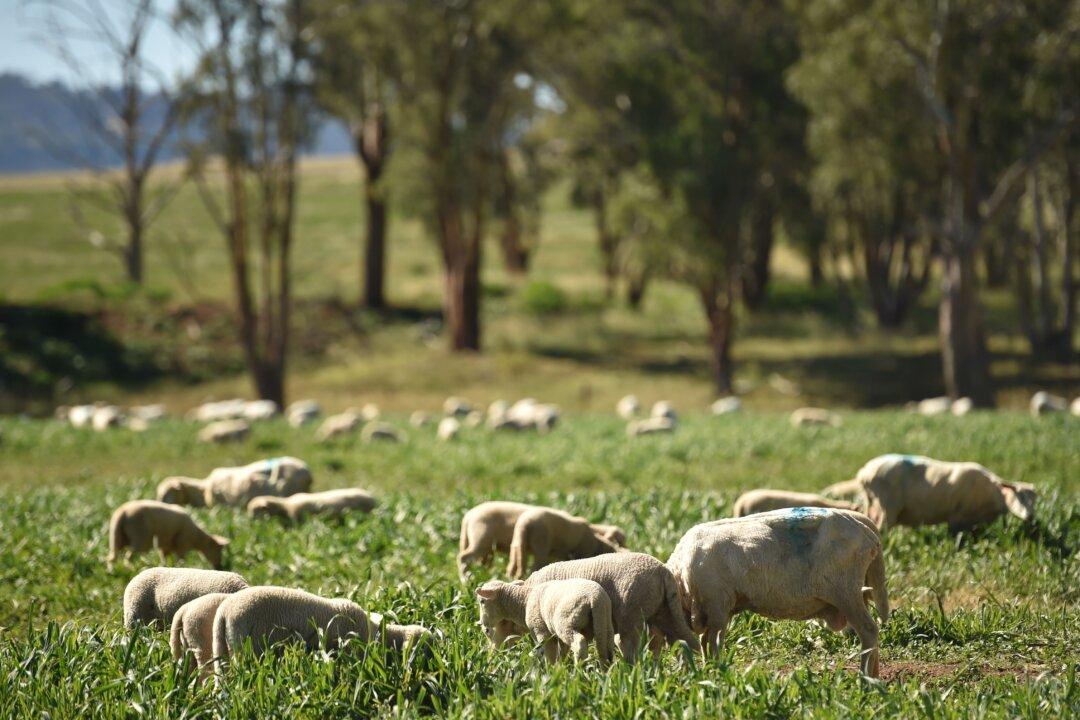Farmers are calling on the Australian federal government to ensure that the new Safeguard Mechanism does not spark a mass-buy up of agricultural land as carbon-producing companies seek to offset their carbon emissions.
National Farmers’ Federation (NFF) Chief Executive Officer Tony Mahar said that the agricultural sector was concerned about a potential land use conflict with the Safeguard Mechanism turbocharging the demand for land that can be used as a carbon sink.




